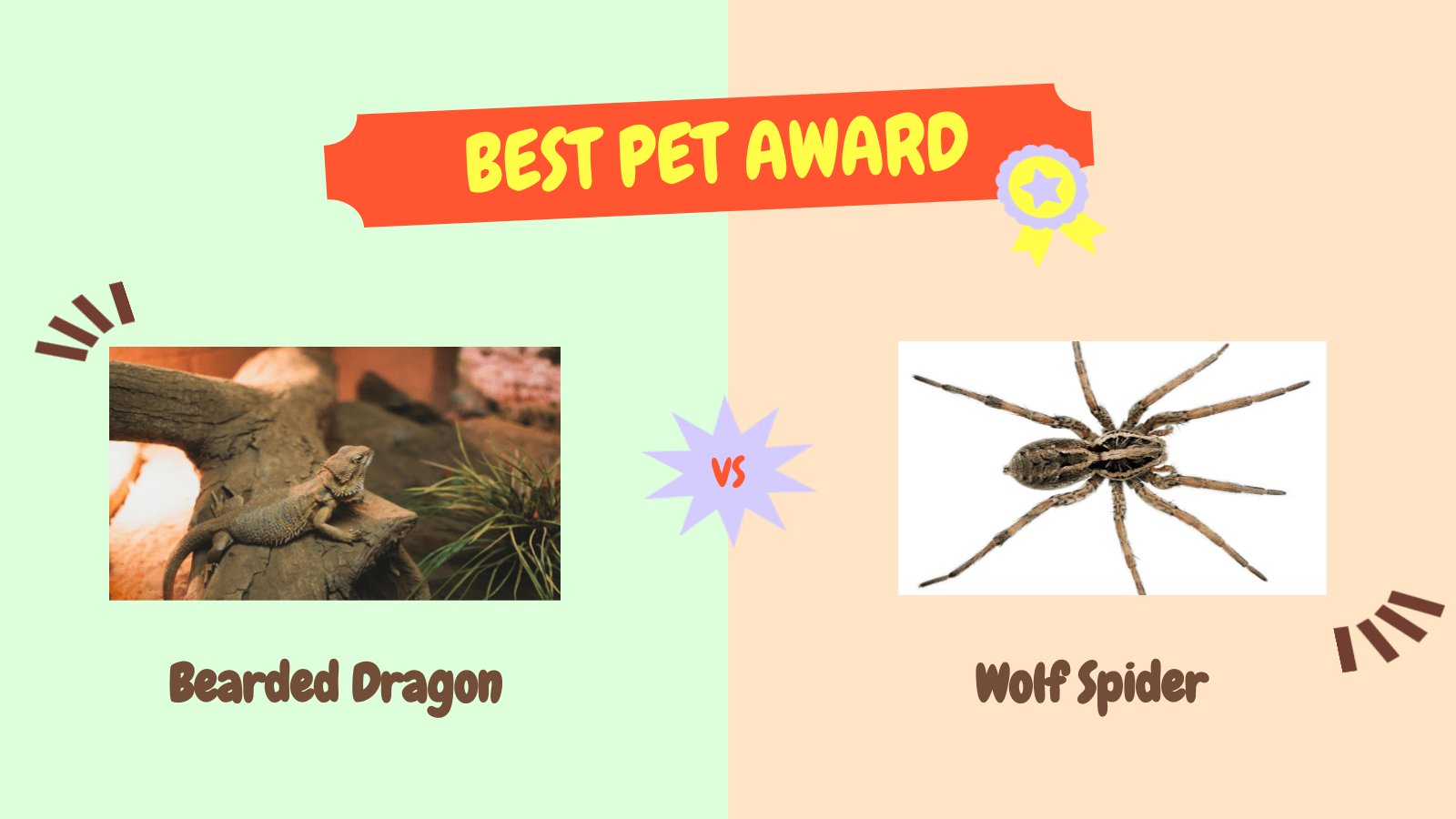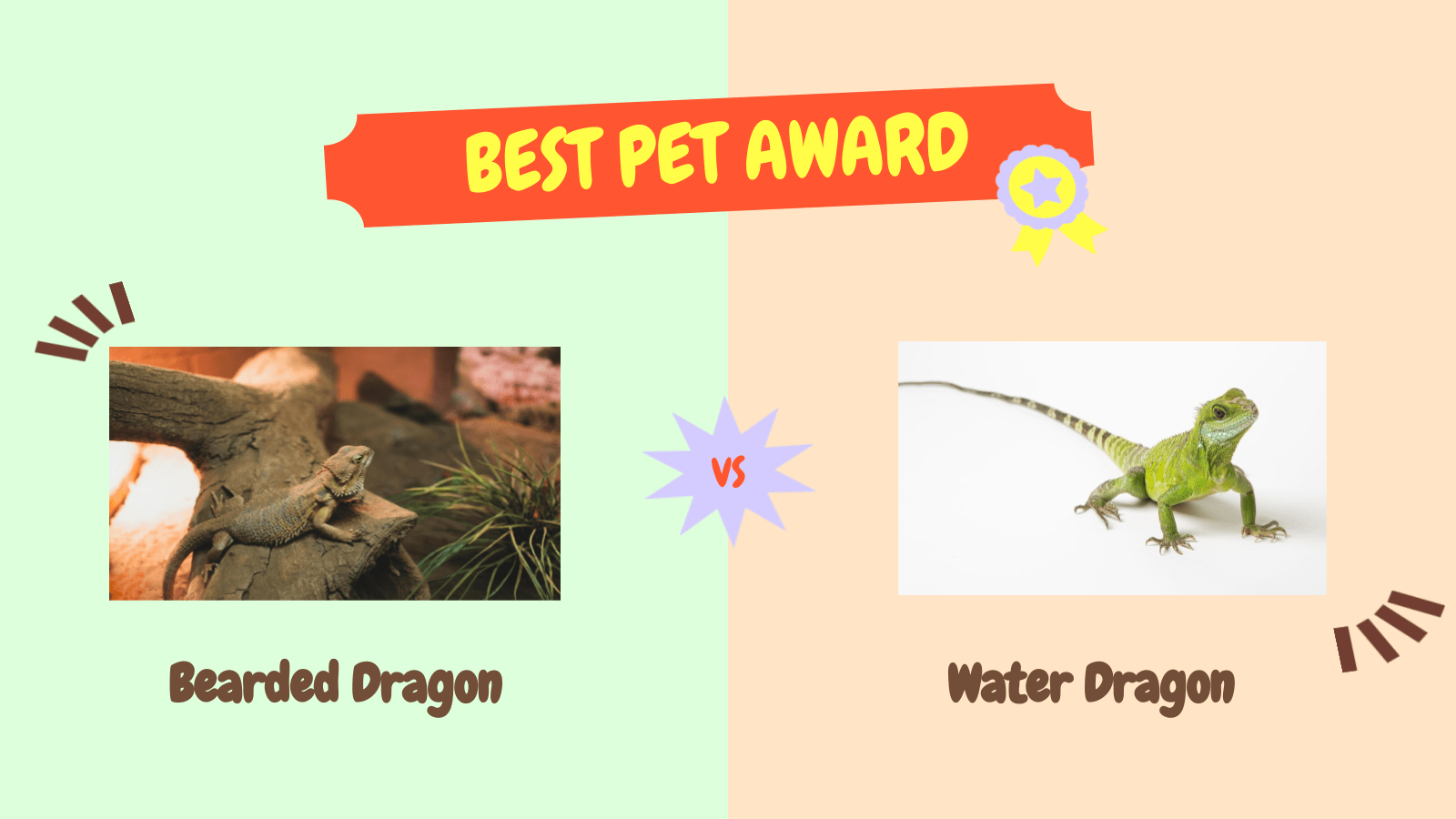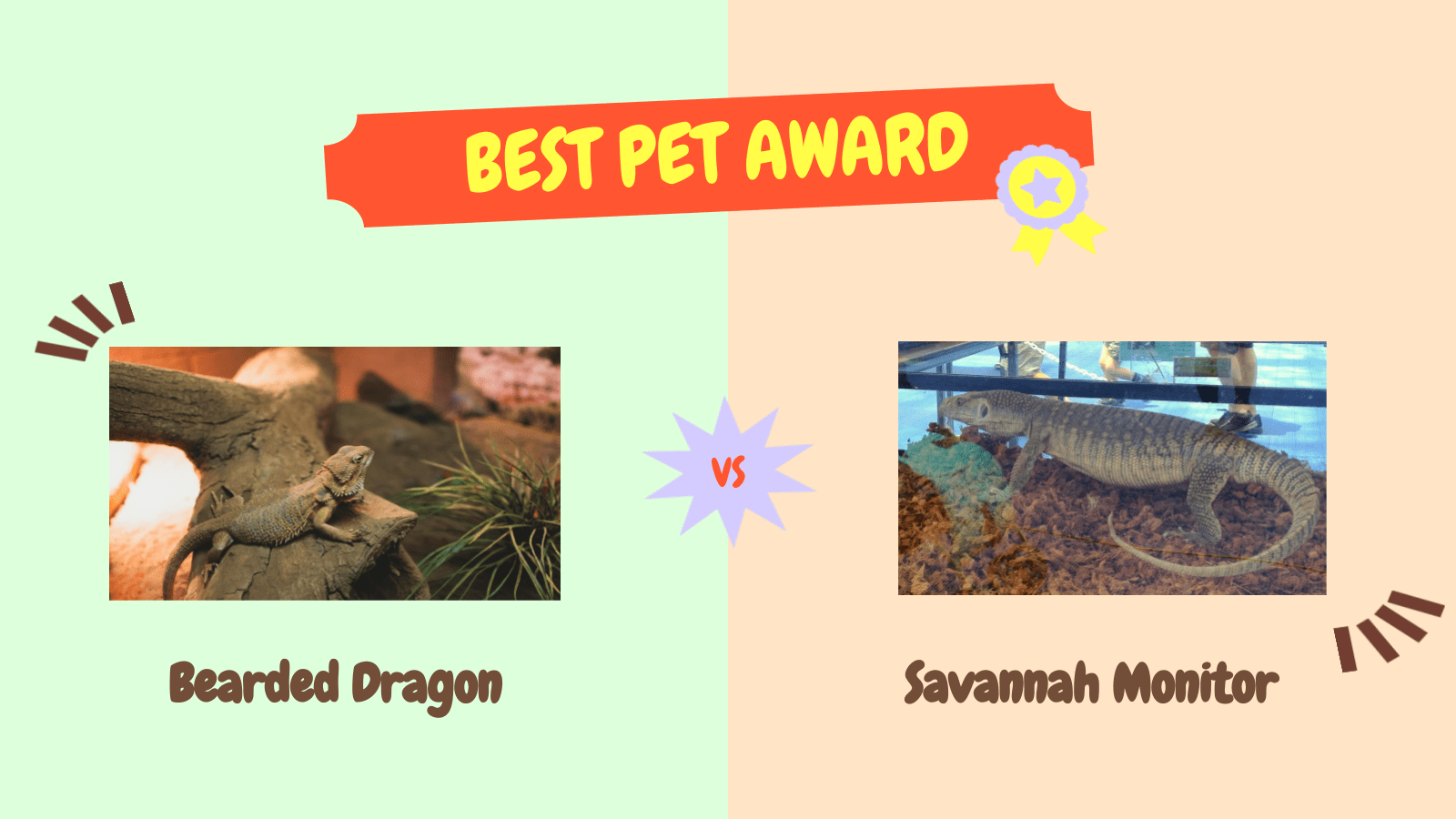Seeing your bearded dragon refuse food or stay sedentary can be worrisome. It’s normal to ask why—is it sick, stressed, or just being picky?
Don’t fret, you’re not alone. Many reptile keepers experience this with their beardie at some point.
Let’s dive into the possible reasons behind these behaviors and explore potential solutions together.
5 Alarming Reasons Why Your Bearded Dragon Isn’t Eating or Moving
- Stress: Your bearded dragon may be experiencing stress, which could be due to a change in environment or a lack of privacy. It’s crucial to provide a safe and consistent living space for your pet.
- Brumation: Bearded dragons undergo a hibernation-like stage known as brumation. During this period, it’s normal for them to eat less and become less active, but they should still show signs of life.
- Illness or Disease: If your bearded dragon seems lethargic and uninterested in food, it may be sick. An exotic vet can provide a proper diagnosis and treatment plan to get your pet back on track.
- Improper Diet: Bearded dragons need a balanced diet of greens, fruits, and insects. Improper nutrition can lead to loss of appetite and decreased activity levels.
- Incorrect Habitat setup: The environment of your bearded dragon plays a vital role in its overall health. Incorrect temperature or humidity levels, or insufficient UVB lighting, can lead to lethargy and a lack of appetite.
Helping Your Bearded Dragon Regain Appetite and Mobility
Let’s dive into helping your bearded dragon regain its appetite and mobility. Firstly, it’s crucial to assure the temperature in your pet’s enclosure is optimal. Bearded dragons thrive in temperatures between 95-110°F during the day and 65-75°F at night. Too cold, and their metabolism slows down, affecting their ability to move and eat.
Next, consider the diet. Are you feeding your bearded dragon a balanced mix of insects, vegetables, and fruits? A malnourished dragon can lose its appetite and become inactive. Try incorporating calcium-rich foods like kale and squash.
Lastly, your pet might be stressed due to a change in environment or routine. Keeping their environment consistent and minimizing disruptions can help them feel more secure, in turn improving their activity and feeding patterns.
Remember, it’s best to consult a vet if your bearded dragon’s condition continues to be concerning. They can offer professional guidance tailored to your pet’s needs.
To further extend your knowledge about bearded dragons, here are a few more to explore:
- Why Won’t My Bearded Dragon Eat Vegetables?
- Why Isn’t My Bearded Dragon Growing?
- Why Doesn’t My Bearded Dragon Sleep at Night?
Each post offers in-depth insights, giving you all the details you need to take good care of your beardie.
Remember to research and prepare for your pet’s specific needs, and you’ll have a happy and healthy companion for years to come.
Happy pet-keeping!


